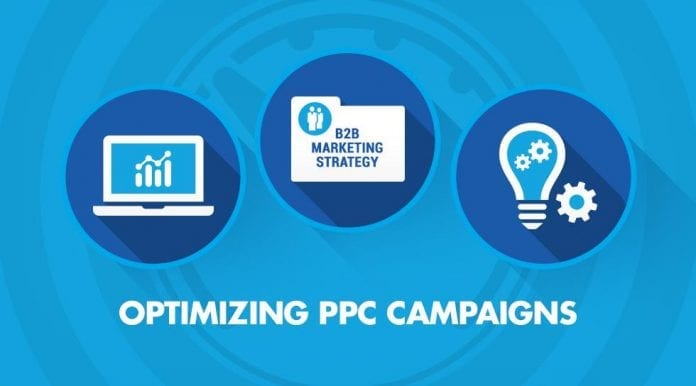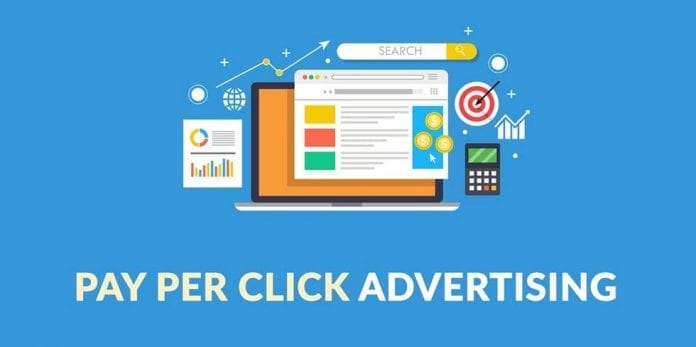Pay-Per-Click (PPC) marketing is a classic marketing strategy that ties platform profits from advertisers to interactions with ads. When brands put themselves in consumers’ shoes, though, many find themselves wondering what it really takes to drive those engagements. After all, in today’s tech savvy era, it’s harder than ever to earn casual clicks. Web users are task oriented, and many view links and ads as distractions, which is why ad blockers are so popular. Brands are in competition with this anti-advertising mindset. That means that their promotions really need to stand out if they’re going to succeed.

What does it take to amplify your company’s PPC campaigns in today’s competitive digital environment? Several different factors go into determining PPC campaign performance, and the best advertisers master all of them. Before you launch your next campaign, then, take some time to evaluate your strategy for these 5 key factors. By taking control of these elements, you can give your campaign the boost it needs to succeed.
Management Matters
When running a PPC campaign, one of the most important things you need to have in place is a management company. While it is certainly possible to create and manage your own campaigns, unless you have a robust internal marketing department, PPC campaigns tend to involve so much hands-on management as to really benefit from being overseen by experienced managers.

Besides experience, what do managers bring to the PPC marketing process? Not only can they help refine your goals and regularly update the parameters of your campaigns, but skilled PPC managers understand the different terms and tools that govern this marketing process. For example, it’s one thing to read up on what makes a good campaign, such as proper audience targeting or a limited set of ad groups, but do you know how to manage those factors on a PPC dashboard? And, perhaps more importantly, is learning these management skills the best use of your time. Most likely not – so leave it to the professionals.

Clear And Consistent Messaging
Though it may not be in your best interest to actively manage your own PPC campaign, you should be an active partner in ad creation and messaging. Now the question is, what do you want to say? One common mistake that brands make when developing their PPC ads is that they’re tempted to get too creative with their messaging. Beware this trap. While creative messaging may earn your ad curiosity clicks – which you’ll pay your host for – those aren’t the types of ads that actual translate into sales.
Instead of pouring funds into these quirky but ultimately unsuccessful ads, you should be working with your PPC manager to develop a variety of ads with clear, consistent messaging, and that deliver clicks to a well-targeted landing page.
Prepare For Landing
Speaking of landing pages, one of the most important things you can do to ensure that you’re well-positioned to turn clicks into conversions is to spend some time on optimizing your PPC campaign’s landing page. The goal is to ensure that potential customers reach the best possible content based on the ad they clicked on. This may mean carefully developing an editorial calendar, A/B testing ad and landing page combinations, and studying competitor ads and pages. It’s a big commitment, but if you’re going to commit any part of your ad budget to PPC marketing, then it’s worth the effort. You can learn more about PPC campaign optimization from Marcel Digital.
Play To The Moment
We’re not in the age of print advertising anymore, and that means you have the ability to act on the moment. In fact, the ability to change your ad messaging quickly is one of the major advantages of PPC marketing campaigns. To get the most out of your ads, then, you’ll want to identify key moments that motivate individuals to buy.
By adapting your ads to these small moments – often tied to seasons, holidays, or current events – you can attract a much higher number of clicks. To make this work, though, you need to be prepared with appropriate ad messaging because your ad changes need to happen quickly. Such shifts also tend to be industry specific, so familiarize yourself with sales trends in your sector, especially what moments or events drive purchases by those who don’t normally shop with your business or niche.
Know The Warning Signs

As important as it is to have a clear strategy for your PPC campaigns, it’s equally important to be able to identify signs that things are going astray and to know that PPC marketing can go wrong in several ways. This includes identifying and preventing PPC fraud, as well as general mismanagement.
PPC fraud isn’t a new problem, but it is one that has gotten more attention recently. True fraud is typically perpetrated by competitors attempting to drain down your budget and remove your ads from the top of the rankings so that they can take over. These are bad actors and generally detectable based on dashboard data, but you need to be alert. Alternatively, there is also ad fraud, which is when websites exist explicitly to draw income from advertisements; they funnel fake traffic through the sites to click on the ads and collect the payments.
Unlike PPC fraud, you may encounter issues with your campaign because of poor organization or management. For example, if you have duplicate keywords attached to your campaign, aren’t receiving reports on the right metrics, or you’re not targeting the right audiences, you won’t get valuable insights or drive conversions. These types of PPC campaign problems are generally the result of mismanagement and they are a reminder of why it’s so important to retain ownership of and actively oversee your accounts, even if you aren’t personally managing them.

PPC advertising is a powerful way to drive traffic and increase your sales, but it’s not always simple. In fact, executing such campaigns well takes real expertise, which is why it’s worth seeking out a skilled manager who will help your ads break through the noise. As partners in such a project, you can craft campaigns that speak to your audience and maximize ROI – it’s advertising that works.









